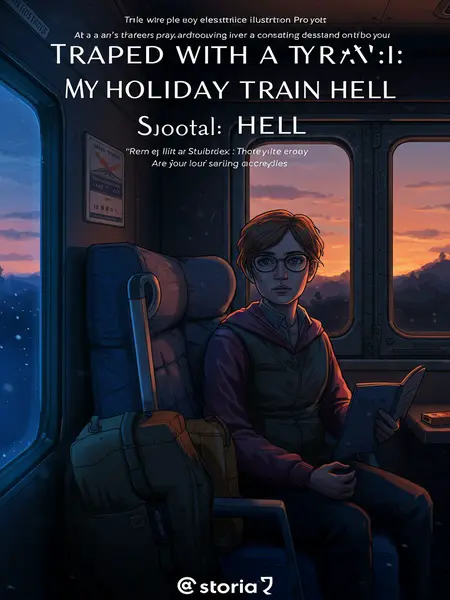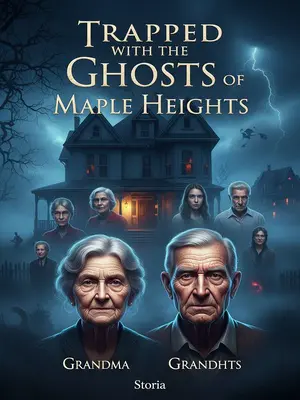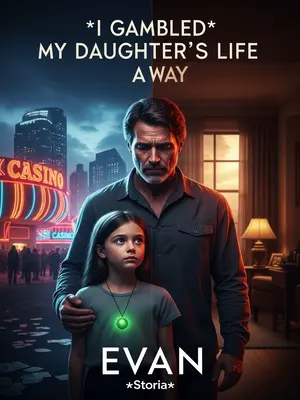Chapter 2: Clash and Compromise
Left with no choice, I found the conductor, hoping she could help resolve the problem.
She was making her way down the aisle, scanning tickets and handling the usual chorus of questions—are we on time, where’s the cafe car, can I get another blanket? I caught her eye and explained the situation as quietly as I could, not wanting to turn it into a sideshow for the whole car.
As soon as the conductor arrived, the man rolled his eyes and sneered, "Oh, went to tattle, huh? What are you, in elementary school?"
His sarcasm oozed with that peculiar American flavor—half-bullying, half-performing for anyone nearby. A guy two rows up snorted, the sort of small, embarrassed laugh you get when you’re grateful not to be involved.
I swallowed my anger, not wanting to argue. The conductor tried to mediate, but the man cut her off impatiently: "I’m not letting him recline. If he does, I have no space. Is that good enough for you?"
The conductor looked caught between irritation and fatigue. You could tell she’d seen this sort of drama a hundred times—maybe more on holiday weekends. She opened her mouth, closed it, glanced at my hopeful expression, and finally gave her verdict.
The conductor hesitated for a few seconds, then finally said to me, "I’m sorry, there’s nothing I can do. Please try to discuss it with this gentleman."
She gave me that apologetic half-shrug, the kind reserved for customer service workers everywhere—sympathy, but no solution. Her badge glinted in the late morning sun, her voice tired but kind.
With that, she just turned and left.
She squeezed past the drink cart, moving on to the next crisis—a kid who’d spilled orange juice on his mom’s Kindle. For a second, I felt like I’d been abandoned by the only authority left in this rolling metal world.
I was dumbfounded.
My faith in American fairness—if not justice—took a hit. Wasn’t the staff supposed to enforce the rules? Or at least set the tone?
I had hoped an official would uphold what’s right, but instead, things ended half-heartedly.
The whole thing felt like a letdown, a reminder that sometimes in America, you’re just on your own. There’s no magic solution—just people looking the other way, hoping you’ll sort it out without breaking anything.
Seeing the conductor leave so easily, the man mocked me: "You have no manners yourself, and you thought the train crew would help you?"
He grinned at his own nastiness, tossing the words over his shoulder with the ease of someone who’d never been held accountable. It was the kind of sneer you remember long after the moment passes.
I felt so stifled.
The injustice of it all pressed against my chest, hot and sharp. I took a few slow breaths, trying to keep my cool—after all, this was supposed to be the start of a holiday, not a showdown.
I didn’t get it—buying a ticket means I have the right to use my seat. If the seat can recline, that’s my legitimate right. Why accuse me of having no manners?
I kept replaying the interaction in my head, trying to figure out where I’d gone wrong. Was I missing some unwritten rule? Or was this just how things went when someone decided their comfort trumped yours?
I searched my phone for advice on what to do in this situation.
Reddit, Quora, Amtrak forums—everyone had an opinion. I scrolled through posts titled "Seat-Reclining Wars: Who’s Right?" and "Why Do People Hate Recliners?" The answers were all over the map, but one thing was clear: nobody agreed, and the train staff usually stayed out of it.
But no matter how many articles I read, the official answer was always the same: passengers should resolve it themselves; the crew can’t intervene.
Apparently, it was every rider for themselves—a uniquely American stalemate, wrapped in politeness but simmering with tension. I could practically hear my dad’s voice: “Pick your battles, son.”
I took a deep breath, forced down my anger, and politely said to the man, "Sir, my back really hurts. I can’t handle sitting upright for so long."
I tried for empathy, thinking maybe he’d see I wasn’t just being difficult—I was hurting. My words felt small, swallowed up by the roar of the train and his own stubbornness.
He replied indifferently, "Your back hurts, not mine. What’s that got to do with me?"
He didn’t even bother to look at me, just kept his eyes glued to his movie. It was the kind of cold, transactional indifference that makes you wonder how people end up so hardened.
I was out of options.
I looked at the overhead rack, at my battered duffel bag, and wondered if I should just find a spot in the cafe car, sipping bad coffee for the rest of the trip. But the thought of dragging my stuff up and down the aisle felt like another defeat.
I’m not a weak person. It’s just that, after finally getting a holiday, my old army buddies made time to meet up. On such a rare break, finally able to see my friends from service, I didn’t want to get into a fight with anyone.
I thought of the guys waiting at Union Station, the way we’d joke and reminisce over greasy pizza slices and cheap beer. This was supposed to be a break—a reminder of better days, not a reminder of everything that can go wrong on a long ride home.













